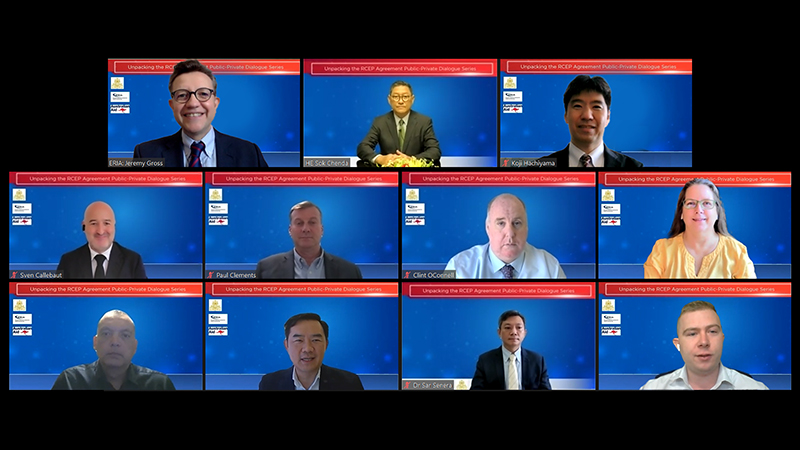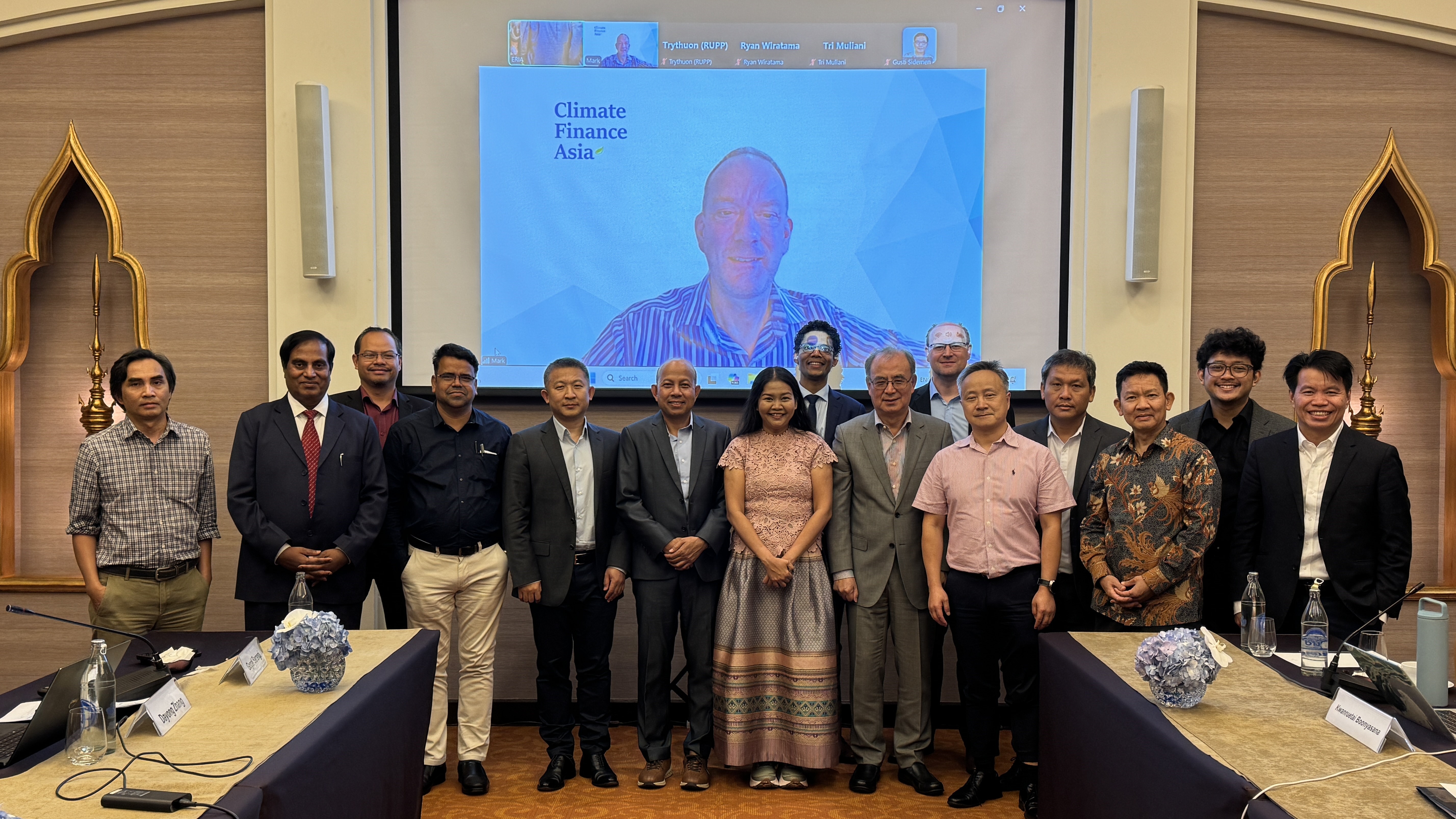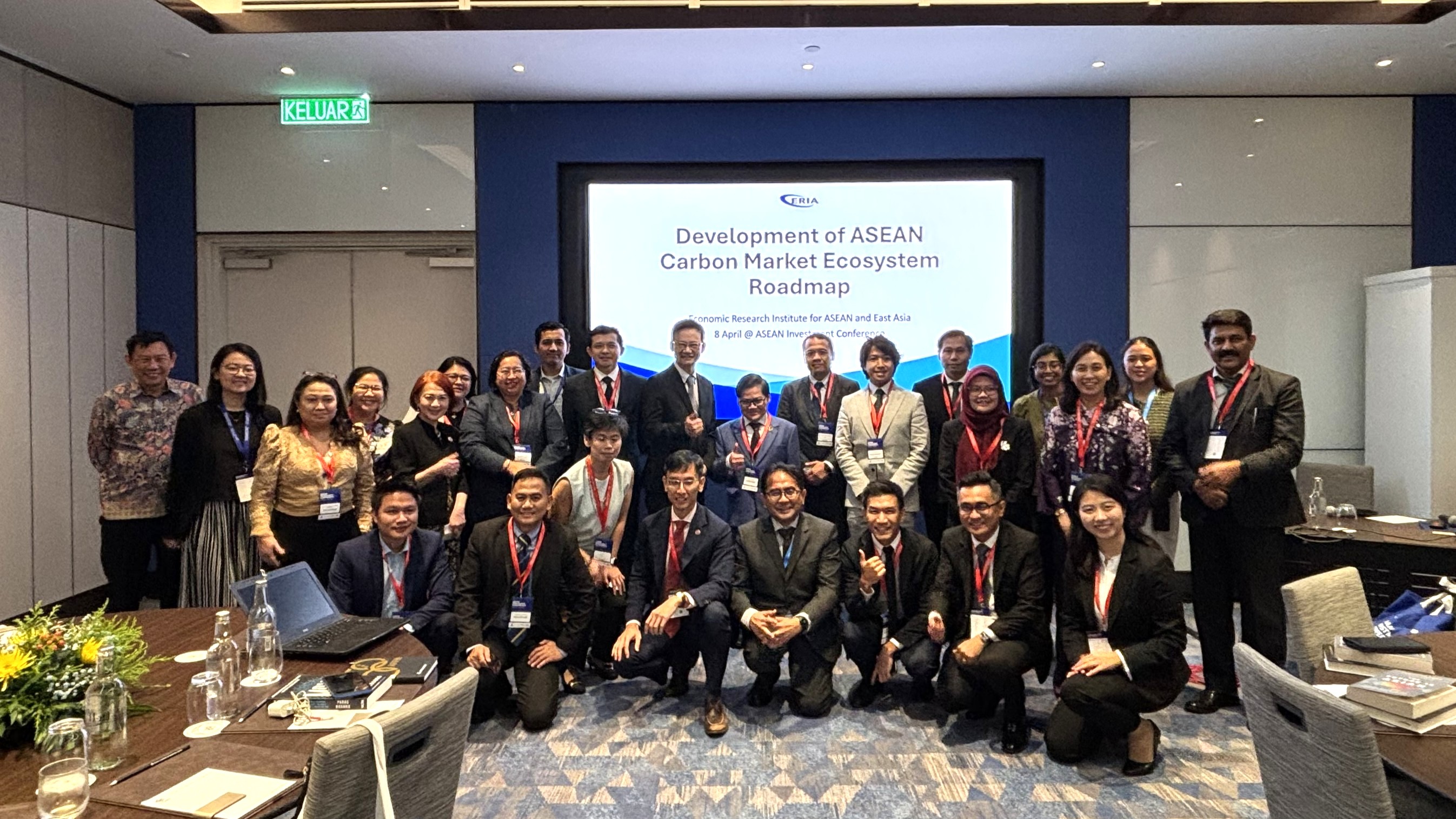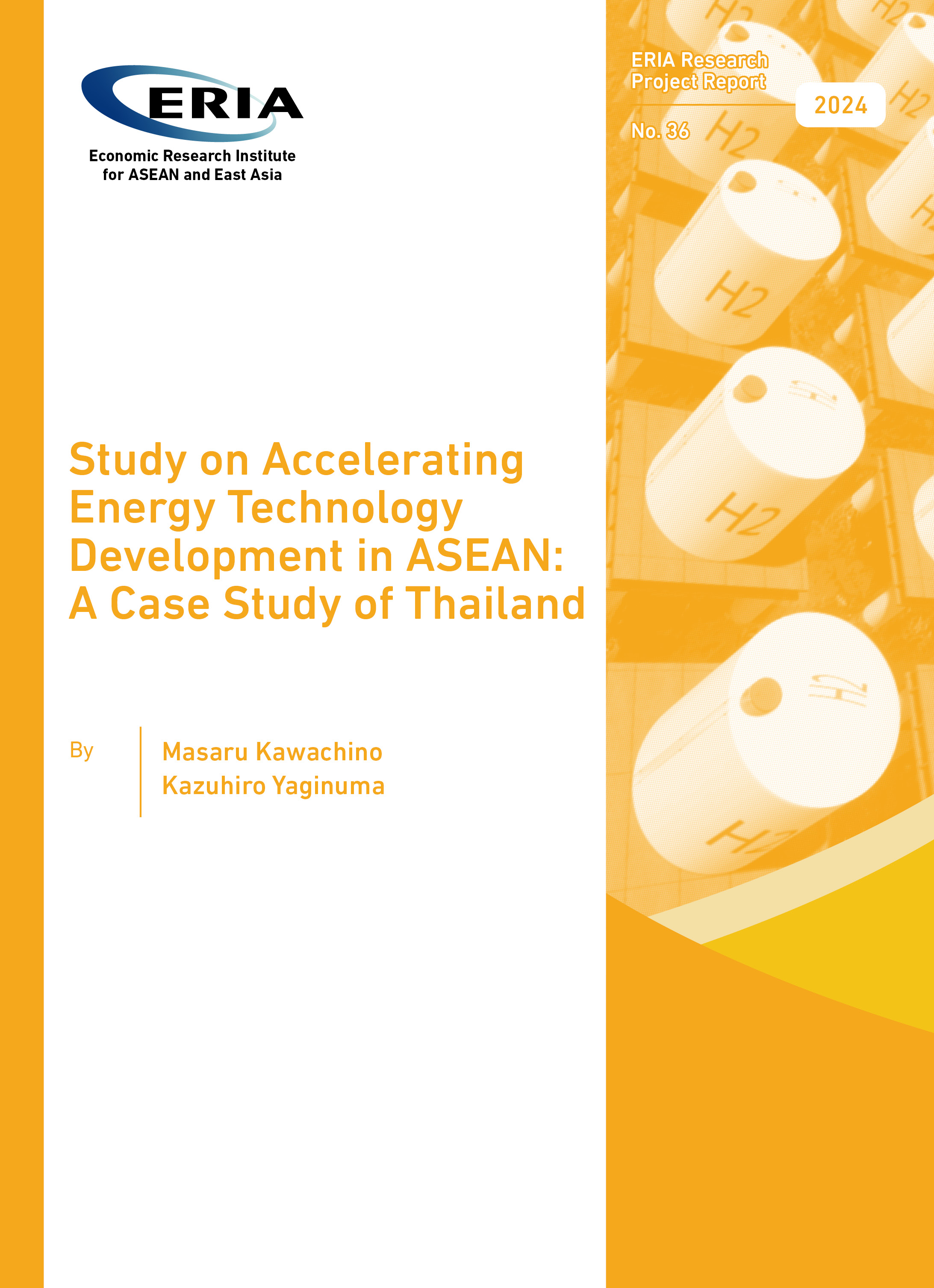The RCEP Investment Provision and What It Means for Cambodia
Date:
29 June 2022Category:
NewsTopics:
Cambodia, Capacity Building, RCEPShare Article:
Print Article:
Jakarta, 29 June 2022: The Regional Comprehensive Economic Partnership (RCEP) consists of 20 chapters and sets the standard for a new level of economic cooperation, integration and inclusion amongst its 15 participating member states. On 29 June 2022, ERIA’s Capacity Building Programme co-hosted with the Council for the Development of Cambodia (CDC) its fourth Public–Private Dialogue in the Unpacking the RCEP Agreement series. This Dialogue focused on 'Investment and What It Means for Cambodia'.
RCEP’s provisions on investment defines key terms as well as investment treatment, protection, promotion, and facilitation. RCEP’s investment provisions are widely seen as offering an opportunity to consolidate and modernise investment liberalisation and create favourable and stronger protection of the investment ecosystem. The online Dialogue, with over 90 participants, was an opportunity to share with participants an explanation of the new investment environment in Cambodia through presentations and discussions with trade experts, the private sector and government.
Opening the webinar, supported by the Government of Australia, Mr Jeremy Gross, Director of ERIA’s Capacity Building Programme, introduced Mr Koji Hachiyama, ERIA’s Chief Operating Officer, who commended the effort of the CDC in updating the country’s Law on Investment in 2021. H.E. SOK Chenda Sophea, Minister Attached to the Prime Minister and Secretary-General of the CDC, opening the Dialogue on behalf of CDC, noted that RCEP is about maximising the potential of the intra-ASEAN market and broader economy through integration. He appreciated ERIA’s continuous effort to provide a comprehensive understanding of RCEP by bringing together inputs from the public and the private sector through the Dialogue. He also explained how Cambodia’s reforms since the early 1990s have fostered a conducive business ecosystem by promoting investment through policy change and engagement with the private sector.
Following the opening remarks, the first session of the Dialogue, setting the scene for the RCEP investment provisions, was moderated by international trade expert for ERIA’s Capacity Building Programme, Mr Sven Callebaut. Dr Deborah Elms, Executive Director of the Asian Trade Centre, highlighted the importance of inbound investment to strengthen the domestic business ecosystem for finance provision and the provision of skills and technology to the Cambodian business ecosystem. She also emphasised the RCEP investment objective of creating a favourable foreign investment climate by providing same treatment, with strong policy certainty, between foreign and local investors. Dr SAR Senera, Director of the CDC’s Department of Legal Affairs and Investment Law, explained in detail the 2021 Cambodian Law on Investment that covers investment incentives, activities and facilitation for investors.
Opportunities and challenges for investment from the business perspective were discussed in the second session. Mr Paul Clements, Executive Chairperson of the International Business Chamber of Cambodia (IBC), highlighted the importance of RCEP in fostering economic development in Cambodia and explained how IBC raises the understanding of RCEP through outreach to chambers of commerce and the provision of research analysis to optimise RCEP potential. Mr Soreasmey Ke Bin, Chief Executive Officer of Confluences and Chairperson of the French Chamber of Commerce and Industry in Cambodia, shared his thoughts on the investment climate for French businesses in Cambodia. He noted how Cambodia has emerged as a market for French investors, and cited the importance of the need to demonstrate the opportunities for inbound investment. Mr Kenneth Tang, CEO of the Dynamic Group and Chairperson of AusCham Cambodia, noted the easy barriers of entry in the Cambodian investment system but explained concerns from the business perspective related to accessing information on setting up a company, tax regulations and capital. He emphasised the importance of public–private dialogues and guidance to attract more investors. Mr Harrison White, CEO of Cambodia Investment Review, pointed to the importance of ensuring a good experience for investors in Cambodia by simplifying barriers to investors.
Mr Clint O’Connell, a partner and the head of Cambodia Tax Practice, as well as Deputy Managing Director of DFDL, Cambodia, summarised the key discussions that emphasised the need to foster openness and integration for investment and simplify the barriers. He also underscored the importance of the participatory approach to obtain inputs from practitioners through the chamber of commerce and relevant private sectors. He also raised the issues of providing business guidance for investment, the need for developing more bilateral tax treaties and issuing a sub-regulation on investment.








